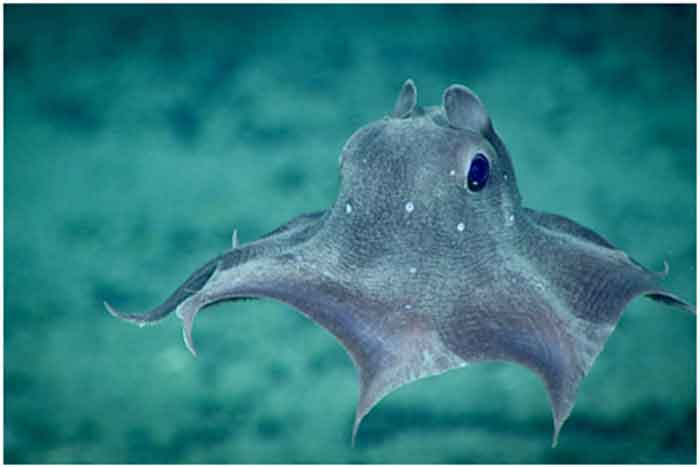
Oceans are experiencing rapid and dramatic changes as a result of human activity. Data indicate that during the last twenty to twenty-five years, concerns have been raised regarding uncontrolled collection and exploitation of genetic resources from the deep seabed. Today, many nations across the world are in a race to mine the deep sea bed for valuable minerals.
WHAT IS DEEP SEA MINING?
Deep sea mining involves removing mineral deposits and metals from the ocean’s seabed. There are three types of such mining: taking deposit-rich polymetallic nodules off the ocean floor, mining massive seafloor sulphide deposits and stripping cobalt crusts from rock.
These nodules, deposits and crusts contain materials, such as nickel, rare earths, cobalt and more, that are needed for batteries and other materials used in tapping renewable energy and also for everyday technology like cell phones and computers. Sediments generated from extraction and mining processes are a major concern. After extraction of valuable minerals, the remaining slurry sediment plumes are often pumped back into the sea, which can harm filter-feeding species like corals and sponges. Deep-sea mining operations can also release harmful chemicals and heavy metals into the surrounding water, with long-lasting effects on marine life.
Apart from rare minerals, mining of sea bed creatures such as certain bactria, squibs and others became a valuable resource for major pharmaceutical industry. Recently Scripps (March, 2020) announced a deep sea anti- cancer drug derived from bacteria from deep sea bacteria is in final stages of clinical trials. It is learnt that several new drugs from deep sea are in development for diabetes and obesity.
Scientists, environmental organisations and political decision-makers warn: deep-sea mining can destroy large parts of the seabed along with its inhabitants and in near future, affect the habitats of many marine creatures. Several organizations including World Wide Fund for Nature, Oceancare, Deep Sea Conservation Coalition (DSCC), United Nations Convention on the Law of the Sea (UNCLOS), Convention on Biological Diversity (CBD) are highly critical of the damage to under water sea ecosystem, loss of biodiversity apart from violation of several intellectual property rights of nations (treaty The Convention on Biological Diversity, 1992). However, the gained profits from sea bed resource mining are hardly shared with developing island nations) under whose jurisdiction the marine territory falls. More than 700 marine scientists, environmentalists and policy makers from over 44 countries issued a statement calling for a pause in deep sea mining (https://seabedminingsciencestatement.org/).
Deep under the sea the conditions are harsh with the extreme pressure, cold and the prevailing darkness. Yet, life thrives and till today nearly 2700 species have been discovered and many more to be identified. It is the largest biosphere on our planet and home for immeasurable number of species. And the diversity of species is enormous at a depth of 4,000 metres survive jellyfish, octopuses, worms, sponges, clams and others. The giant squid, for example, can grow up to 13 metres long. But to escape from getting crushed due to prevailing high pressure these animals have developed a gel like consistency with no bones, muscles and internal cavities. If we bring these animals to surface from water they simply melt or burst.
With privatization and commodification of all resources of nature in today’s Neoliberal times, commercial activities targeting the biodiversity of seabed have increased. Hence, it is highly desirable to put an immediate halt to deep sea mining and protect the marine ecosystem from destruction.
Dr. Soma Marla, Principal Scientist (retd), National Bureau of Plant Genetic Resources, New Delhi.













































